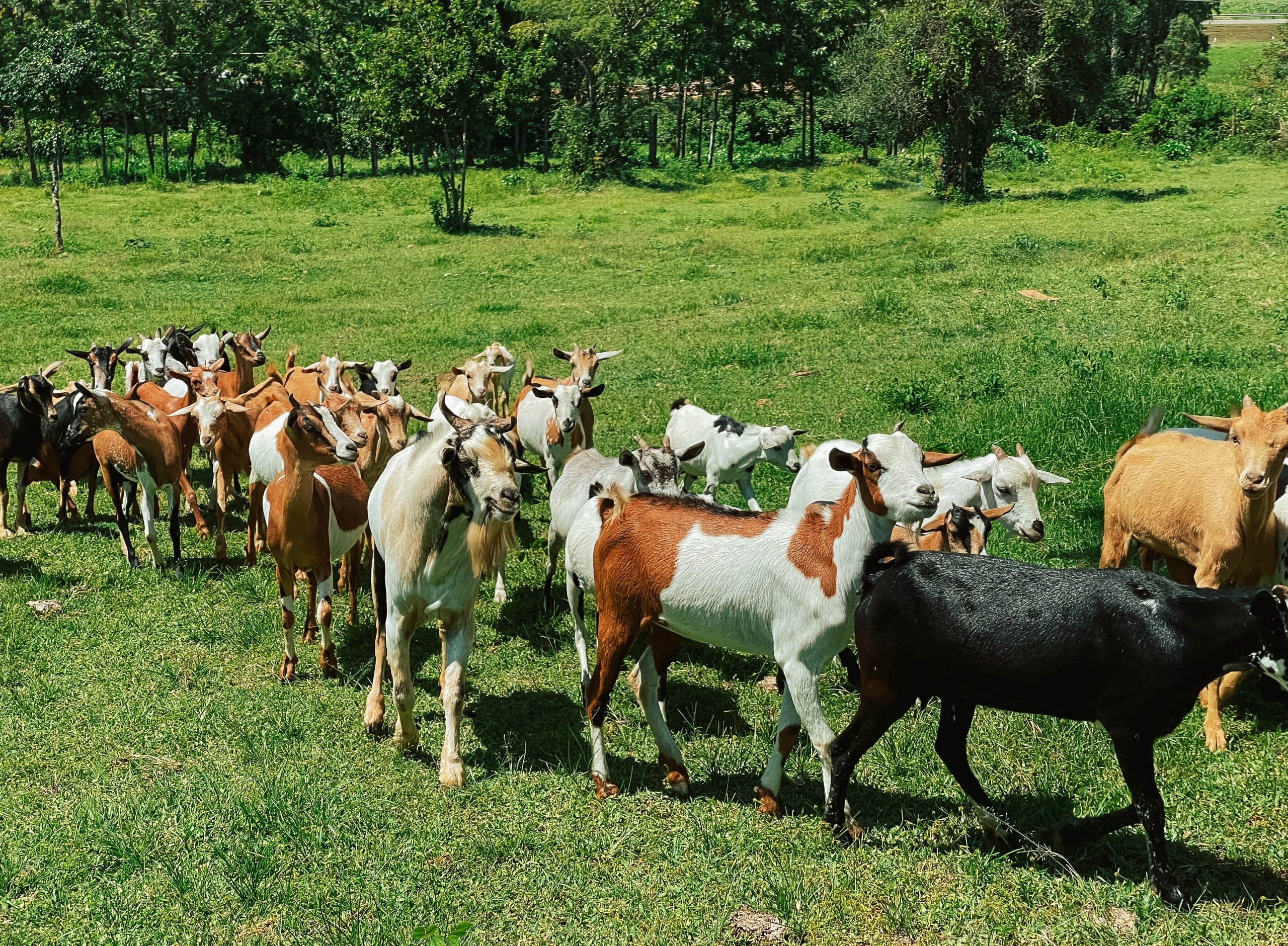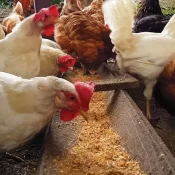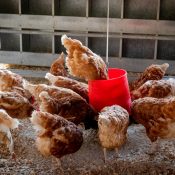
Ensuring the well-being of livestock: a guide to animal welfare in farming
Introduction:
It is our responsibility as ethical farmers to put the welfare of the animals under our care first. Taking care of livestock entails making sure they live healthy, stress-free lives in addition to giving them food and shelter. We shall examine the significance of animal welfare in farming in this blog and go over concrete actions that may be made to advance the welfare of our cherished animals.
Why Animal Welfare Matters:
Animal welfare plays a crucial role in sustainable and ethical farming practices. When we prioritize the health and happiness of our livestock, we create an environment where they can thrive. Not only does this lead to better quality products, but it also aligns with our values of compassion and respect towards the creatures that contribute to our livelihoods.
Essential Factors for Animal Welfare:
- Comfortable Housing: Providing clean and spacious living conditions that accommodate the natural behaviors of the animals is essential. Proper ventilation, temperature control, and adequate bedding contribute to their comfort.
- Nutritious Diet: The health and productivity of animals depend on a balanced and suitable feed. It is crucial to make sure they have access to clean water and a varied diet that satisfies their dietary requirements.
- Preventive Healthcare: Regular veterinary care, including vaccinations and routine check-ups, is essential in preventing and managing diseases. A proactive approach to healthcare minimizes suffering and promotes overall well-being.
- Enrichment and Exercise: Animals benefit from mental and physical stimulation. Providing opportunities for exercise and incorporating enrichments, such as toys or environmental stimuli, allows them to express natural behaviors and reduces stress.
- Handling and Transportation: Proper handling techniques and transportation practices should prioritize minimizing stress and discomfort. Gentle and humane methods during handling, loading, and transportation contribute to their well-being.
- Education and Training: Regularly educate yourself and your staff on best practices for animal welfare. Stay updated on advancements in farming techniques that prioritize animal well-being.
- Continuous Improvement: Regularly assess and improve your farm's facilities, procedures, and management practices to provide the best possible conditions for your livestock.
- Environmental Enrichment: Implement measures that enhance the animals' environment, such as providing access to outdoor areas, social interaction, and playtime.
- Record-Keeping: Maintain detailed records of the animals' health, including vaccinations, treatments, and any signs of illness. This helps track their well-being and aids in making informed decisions regarding their care.
Recent Posts
AdminVIKING0 Comments
Norwegian Students Embrace Kenyan Culture: A Day of Goat Grazing in the Mountains
AdminVIKING0 Comments
Essential Tips for Poultry Farming Success
AdminVIKING0 Comments


